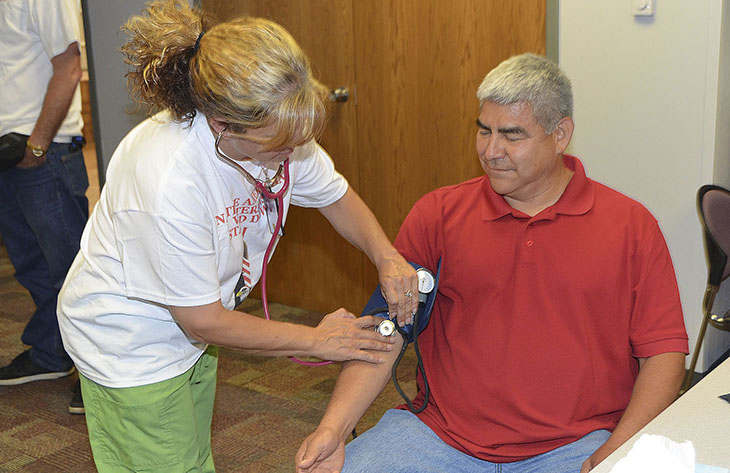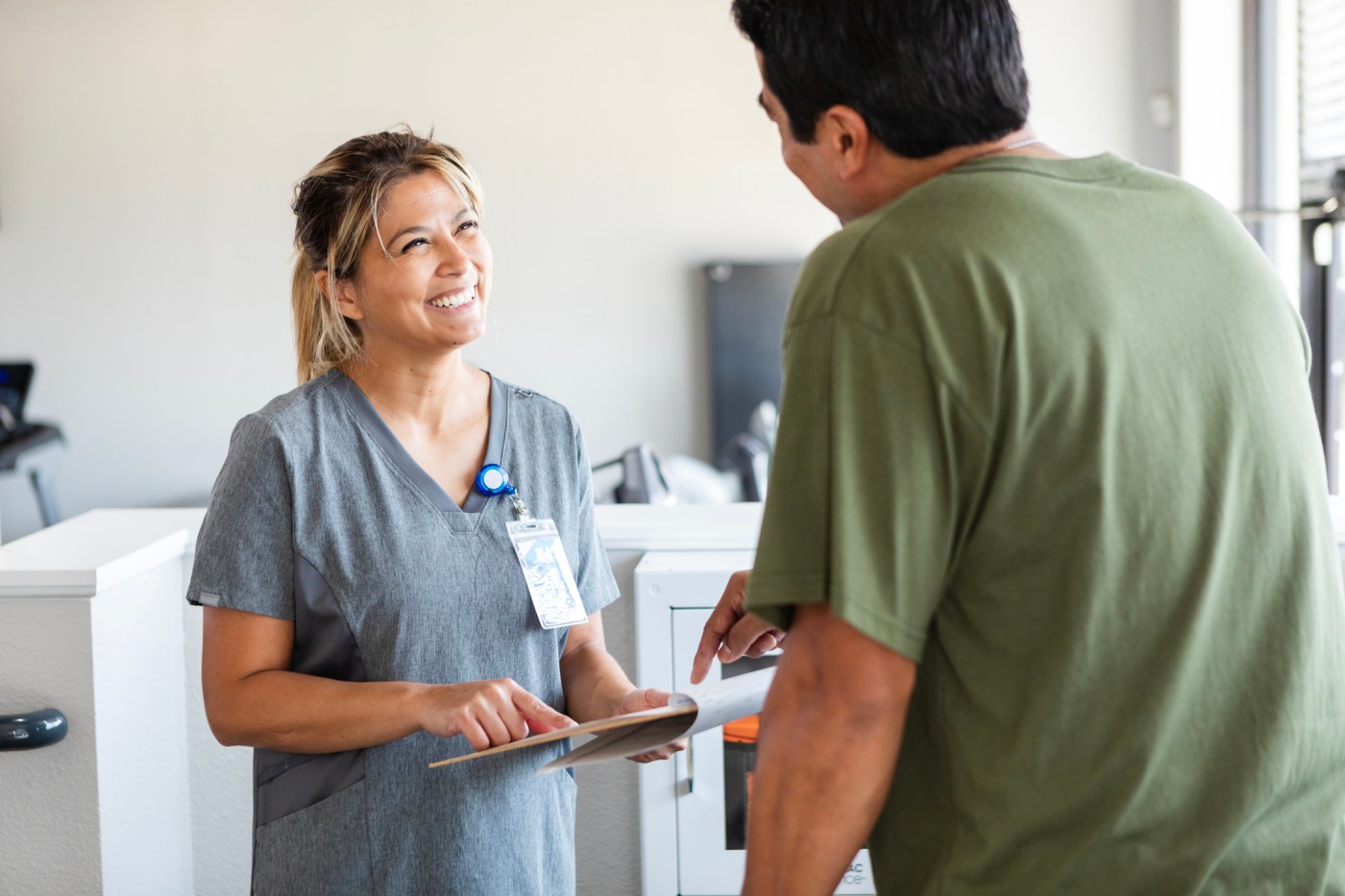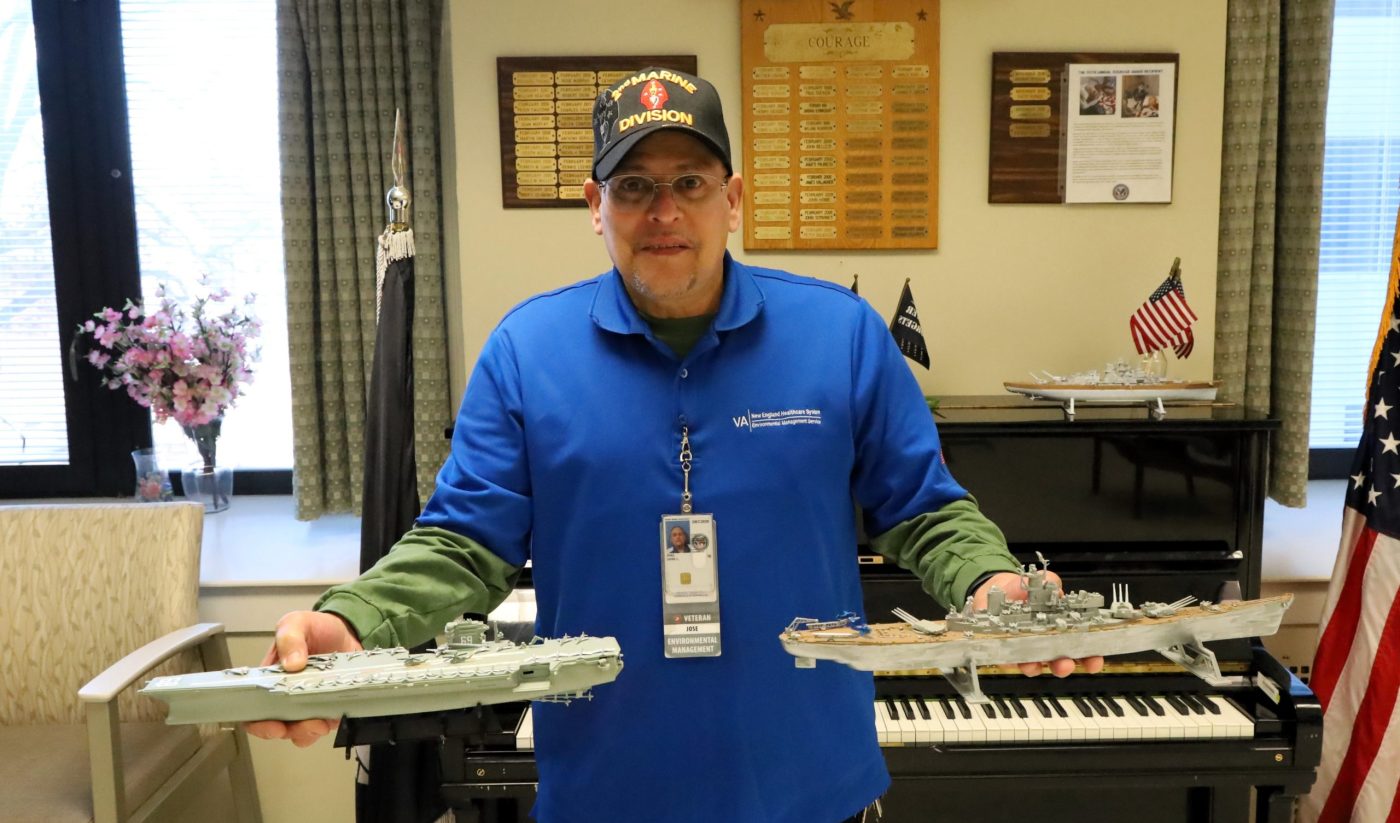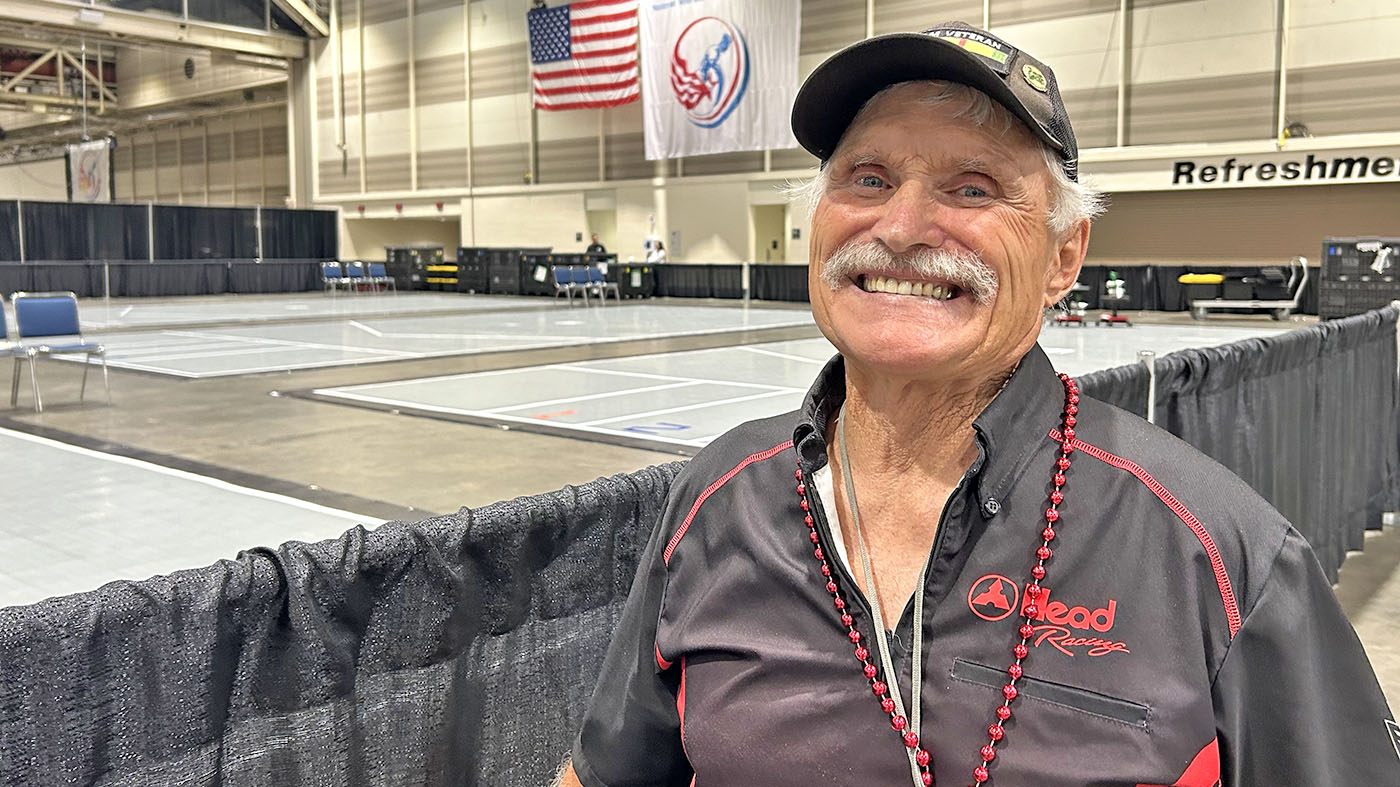The Veterans Health Administration is the largest health care system in the country. With healthcare services administered through its 1,700 sites of care, sometimes obtaining the quality of care that our injured and ill service men and women and Veterans want and so rightfully deserve can be challenging. There are techniques that Veterans and their loved ones can learn to better advocate for quality healthcare. They will need to bring some of that same grit and courage they took to the fields in military operations from Operation Enduring Freedom, Operation Iraqi Freedom and Operation New Dawn, to the Vietnam War, Korean War and World War II, and apply it their own healthcare.
VA is launching a system-wide overhaul, but we all know that solving the problems of the nation’s largest integrated health system will not happen overnight. Whether you’ve been a patient in one of the hospitals or seen in a clinic, or perhaps by a non-VA provider in a local hospital or office, it’s important to establish a relationship with your treating physician. A good doctor-patient relationship is really a two-way street, and both parties share the responsibility to create a relationship that will result in a trust-promoting partnership.
Trust, you ask? Yes, patients need to be open and honest in providing information about their symptoms, past history and concerns. Sometimes patients withhold what they may think of as embarrassing, or none of the doctor’s business, or insignificant. Eliminating these discussions during a visit, however, doesn’t allow the physician to have the kind of understanding needed to make an accurate diagnosis and to create a treatment plan that will get you on the road to better health. Physicians (or other providers such as a nurse practitioner, physician assistant or other member of the healthcare team) also need to be able to create an environment that will allow an open exchange of information.
Many of us become worried or intimidated when we visit our physician. After all, they’ve gone to school for many years, use words that we often don’t understand, and so many of them seem so busy that we feel that there’s no time to really talk to them and even less time for them to listen to us. The latest studies confirm that most visits with MDs are under 10 minutes; the average being seven minutes! What, you say? How can I possibly tell him/her everything that’s bothering me in such a short amount of time?
To help get the most from your patient-doctor relationship:
- Share all your symptoms and concerns
- If you feel compelled to omit something, ask yourself why, and try to be honest
- Consider bringing a trusted family member or friend to reduce your anxiety and help with questions for your physician.
- Ask to schedule your visit when the office isn’t quite so busy e.g. at the end of the day or the 1st appointment of the day.
We hope to address some of the concerns that patients have in future blogs here on VAntage Point … and provide you with some helpful tips on topics such as:
- How to discuss your symptoms
- Remembering what your doctor says
- Asking questions
- Getting a second opinion
- Talking about medical tests
- Evaluating treatment options

Topics in this story
More Stories
One strategy credited for the improvement is a focus on building trust and stronger patient-provider relationships.
Army and Marine Corps Veteran started making models after being hospitalized at Connecticut VA.
Veteran Hank Ebert is a bit of a superstar in the National Veterans Wheelchair Games. He has been attending since 1993.






